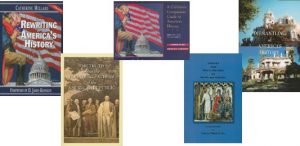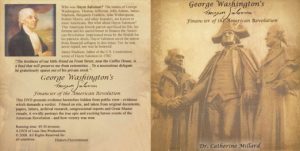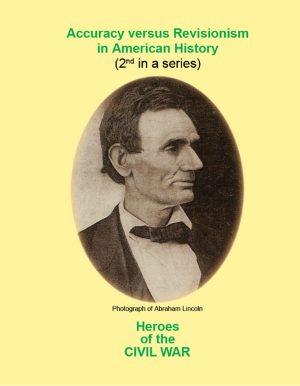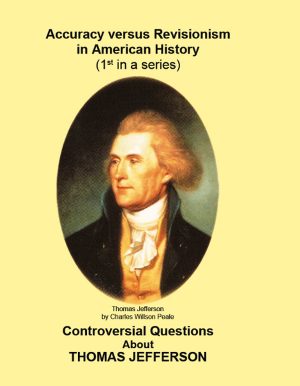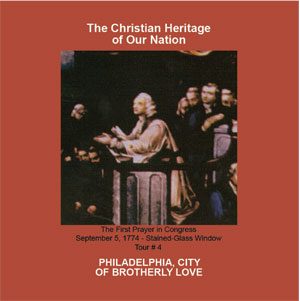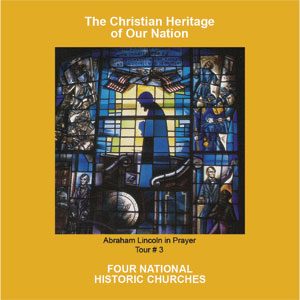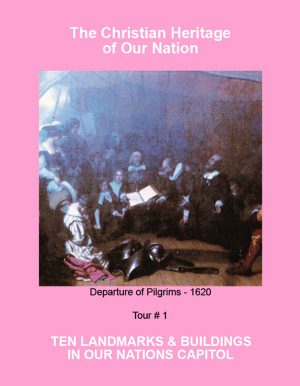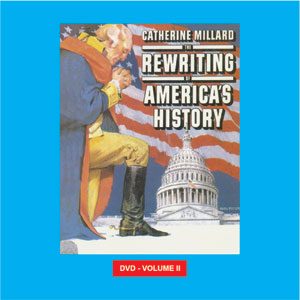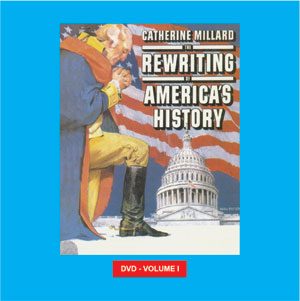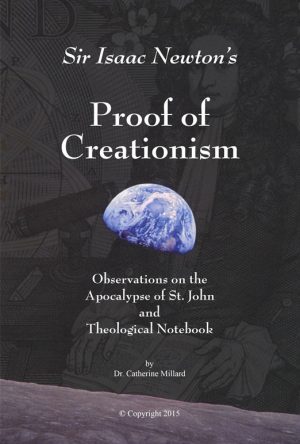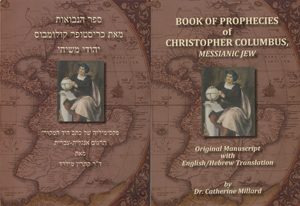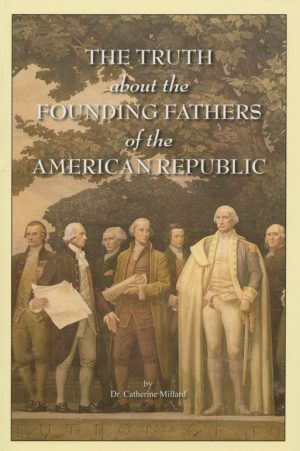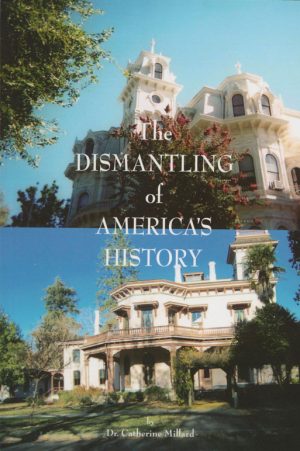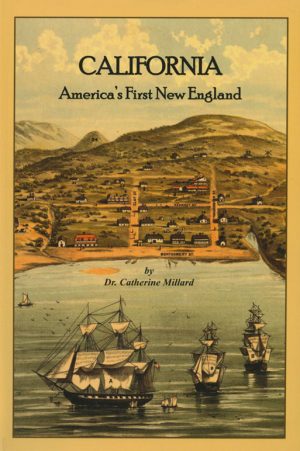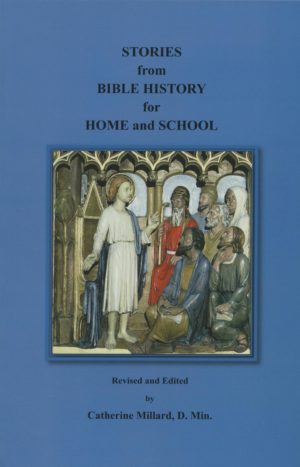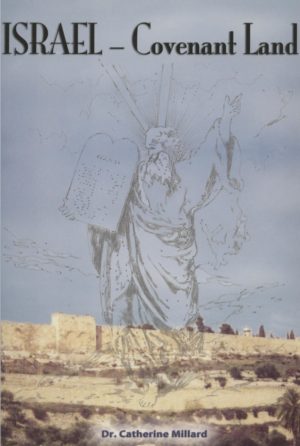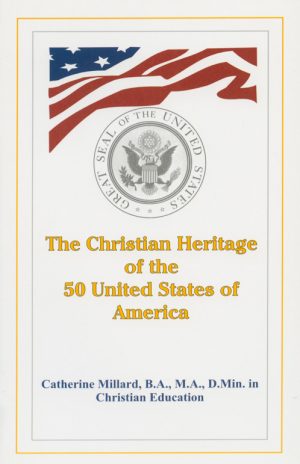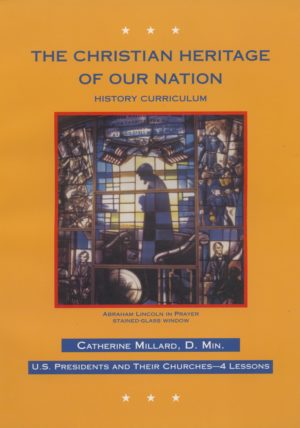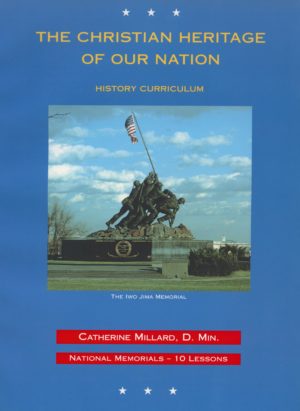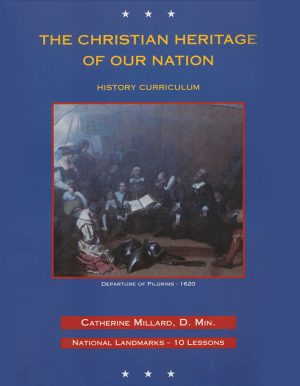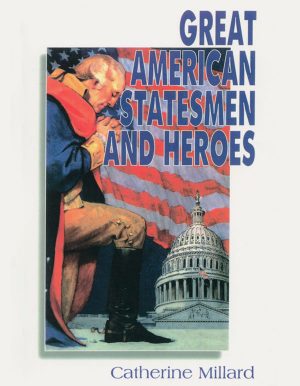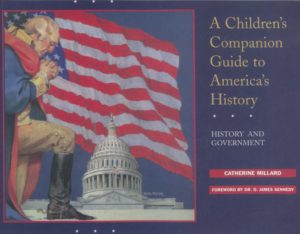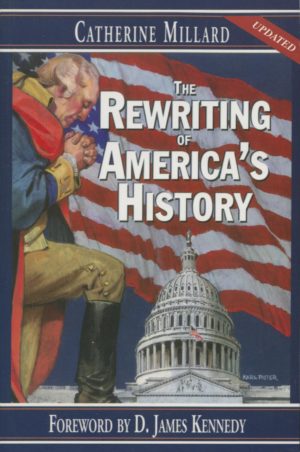In the same Eulogy on General Alexander Hamilton, pronounced by Hon. Harrison G. Otis, Esq., July 26, 1804, we learn of Hamilton’s outstanding achievements:
“…Must we then realize that HAMILTON is no more! Must the sod, not yet cemented on the tomb of WASHINGTON, still moist with our tears, be so soon disturbed to admit the beloved companion of Washington, the partner of his dangers, the object of his confidence, the disciple who leaned upon his bosom! Insatiable death! Will not the heroes and statesmen, whom mad ambition has sent from the crimsoned fields of Europe, suffice to people thy dreary dominions! Thy dismal avenues have been thronged with princely martyrs and illustrious victims. Crowns and scepters, the spoils of royalty, are among thy recent trophies, and the blood of innocence and valour has flowed in torrents at thy inexorable command. Such has been thy ravages in the old world. And in our infant country how small was the remnant of our revolutionary heroes which had been spared from thy fatal grasp! Could not our WARREN, our MONTGOMERY, our MERCER, our GREENE, our WASHINGTON appease thy vengeance for a few short years! Shall none of our early patriots be permitted to behold the perfection of their own work in the stability of our Government and the maturity of our institutions!…
O HAMILTON! great would be the relief of my mind, were I permitted to exchange the arduous duty of attempting to portray the varied excellence of thy character, for the privilege of venting the deep and unavailing sorrow which swells my bosom, at the remembrance of the gentleness of thy nature, of thy splendid talents and placid virtues!
At the age of 18, while cultivating his mind at King’s College (Columbia), he was raised from the leisure and delights of scientific groves by the din of war! He entered the American army as an officer of artillery, and at that early period familiarized himself to wield both his sword and his pen in the service of his Country. He developed at once the qualities which command precedency, and the modesty which conceals its pretensions. Frank, affable, intelligent and brave, HAMILTON became the favorite of his fellow soldiers. His intuitive perception and correct judgment rendered him a rapid proficient in military science, and his merit silenced the envy which it excited.
A most honourable distinction now awaited him. He attracted the attention of the Commander-in-Chief, who appointed him an Aide, and honored him with his confidence and friendship. This domestic relation afforded to both frequent means of comparing their opinions upon the policy and destinies of our Country, upon the sources of its future prosperity and grandeur, upon the imperfection of its existing establishments; and to digest those principles, which in happier times might be interwoven into a more perfect model of government.
Hence probably originated that filial veneration for WASHINGTON and adherence to his maxims, which were ever conspicuous in the deportment of HAMILTON; and hence the exalted esteem and predilection uniformly displayed by the magnanimous patron of the faithful and affectionate pupil.
While the disasters of the American army, and the perseverance of the British ministry, presented the gloomy prospect of protracted warfare, young HAMILTON appeared to be content in his station, and with the opportunities which he had of fighting by the side, and executing the orders, of his beloved Chief. But the investment of the army of CORNWALLIS suddenly changed the aspect of affairs, and rendered it probable that this campaign, if successful, would be the most brilliant and decisive of any that was likely to occur. It now appeared that his heart had long panted for an occasion to signalize his intrepidity and devotion to the service of his Country. He obtained, by earnest entreaties, the command of a detachment destined to storm the works of YORKTOWN. It is well known with what undaunted courage he pressed on to the assault with unloaded arms, presented his bosom to the dangers of the bayonet, carried the fort, and thus eminently contributed to decide the fate of the battle and of his Country.
But even here the impetuosity of the youthful conqueror was restrained by the clemency of the benevolent man. – The butchery of the American garrison at New-London would have justified, and seemed to demand an exercise of the rigours of retaliation. This was strongly intimated to Colonel HAMILTON, but we find in his report to his commanding officer, in his own words, that, “incapable of imitating examples of barbarity, and forgetting recent provocations, I spared every man who ceased to resist…”
To the Second Convention which framed the Constitution, he was also deputed as a delegate from the State of New York.
In the assemblage of the brightest jewels of America, the genius of HAMILTON sparkled with pre-eminent lustre. The best of our orators were improved by the example of his eloquence. The most experienced of our statesmen were instructed by the solidity of his sentiment, and all were convinced of the utility and extent of his agency in framing the Constitution.
When the instrument was presented to the people for their ratification, the obstacles incident to every attempt to combine the interests, views and opinions of the various States, threatened in some of them to frustrate the hopes and exertions of his friends. The fears of the timid; the jealousies of the ignorant; threats of the designing; and the sincere conviction of the superficial, were arrayed into a formidable alliance, in opposition to the system. But the pen of HAMILTON dissolved this league…
When the Constitution was adopted, and WASHINGTON was called to the Presidency by his grateful Country, our departed friend was appointed to the charge of the Treasury Department, and of consequence became a confidential member of the administration…”1
To learn more, click here.
___________________________
Bibliography:
1
Otis, Harrison G., Esq., Honorable. Eulogy on General Alexander Hamilton, Pronounced at the Request of the Citizens of Boston, July 26th, 1804. Boston: Printed and sold by Manning and Loring, No. 21, Cornhill, 1804. Library of Congress, Rare Book Collection.
